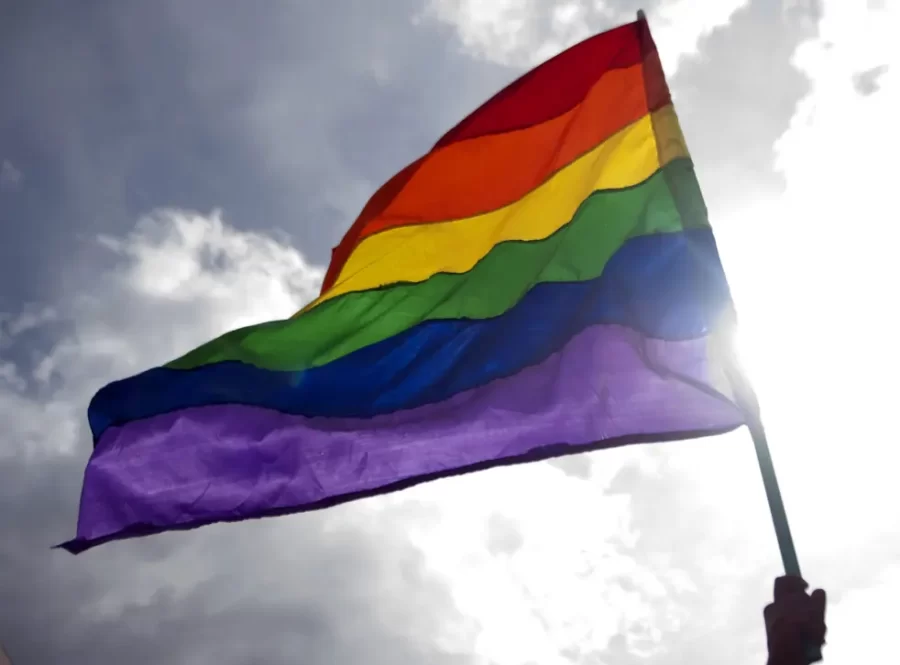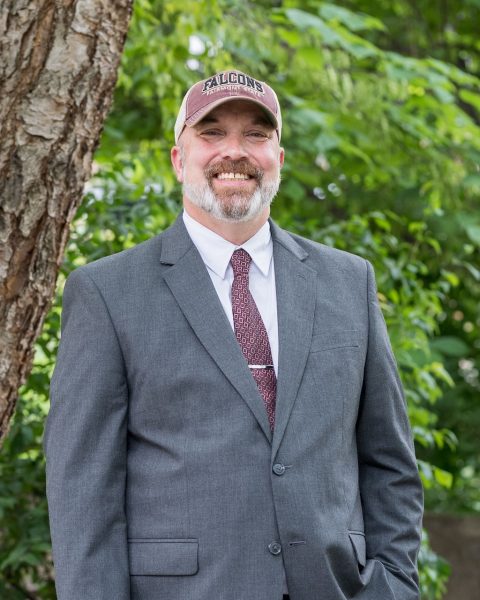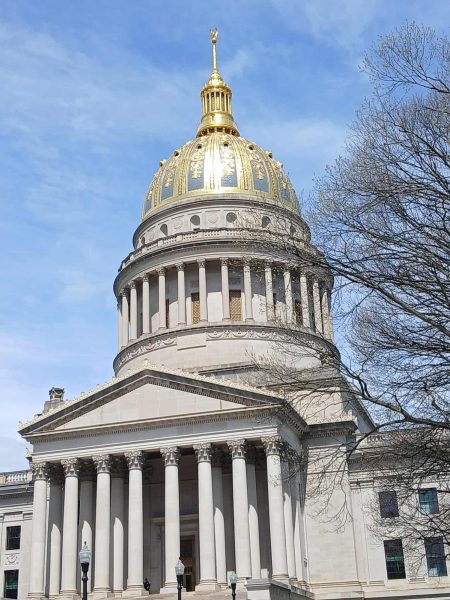West Virginia LGBTQ+ Politics: Current and Future
Since 1927, the LGBTQ+ community has become the subject of many rulings and legislations. There are active laws in West Virginia that are both for and against various rights and activities of the LGBTQ+ community, as well as two current bills being debated in the West Virginia Senate and House of Representatives.
The Federal Government has made several advances in LGBTQ+ citizens’ rights. On June 26, 2015, the Supreme Court of the United States ruled in the Obergefell v. Hodges case that the right to same-sex marriage was guaranteed by the Fourteenth Amendment and that all states must permit homosexual marriage. Congress recently codified this ruling into law. On December 8, 2022, the Respect for Marriage Act was passed, which protects statutory recognition of interracial and same-sex marriages in the United States. US courts have long recognized a constitutional right to marry, despite the country’s turbulent stance on the community’s privileges. President Joe Biden announced Executive Order 14075, designed to combat unlawful discrimination and eliminate disparities that harm LGBTQ+ individuals and their families. However, while the Federal government has been working to increase the protection of LGBTQ+ individuals, states are enacting their own laws and limitations.
The West Virginia State Senate currently has two bills regarding the LGBTQ+ community on the table for approval. Senate Bill 103, introduced by Senator Tarr, would prohibit certain funding and attendance of minors to drag shows. Senate Bill 253, introduced by Senator Azinger, would criminalize engaging in an adult theatrical performance where it may be viewed by minors. Both these bills cite protection against child abuse, with drag shows being declared as obscene content and placed in a similar grouping with strip clubs. Drag shows are defined by Senate Bill 103 as “any event that involves adults engaging in entertainment put on by drag artists, or people who put on clothes and makeup that amplify the appearance of gender to impersonate men or women”. Like many similar bills being discussed across the United States, these bills implicitly define drag as anyone performing in clothing or in a manner different from the gender assigned to them at birth. This interpretation of the definition appears to extend farther than drag shows, and many LGBTQ+ activists are worried lawmakers may rule the bills include any performance by a trans person. Some activists whose states have more loosely worded bills in their courts worry this definition will extend to anyone who has transitioned to the opposite gender. Both bills are still being discussed, with neither having been passed yet.
In January 2023, a federal judge in West Virginia upheld the legislation banning transgender individuals within female sports youth teams. A few months earlier, in August of 2022, U.S. District Court Judge Robert Chambers from the Southern District of West Virginia ruled on a similar subject in the opposite way. He ruled the insurance exclusion that is contained in the state’s Medicaid program regarding the prohibition on covering gender confirmation surgery to treat gender dysphoria discriminated against individuals on sex and gender identity. Judge Chambers then issued an order prohibiting West Virginia from attempting to undermine his ruling by denying coverage to other transgender recipients.
Citizens are also making their voices heard, through heartfelt letters to their representatives – signed and shared by hundreds of LGBTQ+ people and allies alike, and educational publications regarding what is truly being discussed in the bills – like the various copies of the written bills themselves or the notable LGBTQ+ informational sites like Human Rights Campaign (HRC). The stance of the West Virginia government has always been uncertain and depending on how the West Virginia Legislature votes over Bill 103 and Bill 253, this could be a sign that an influx of anti-LGBTQ+ bills is headed for the state legislature in the near future.













